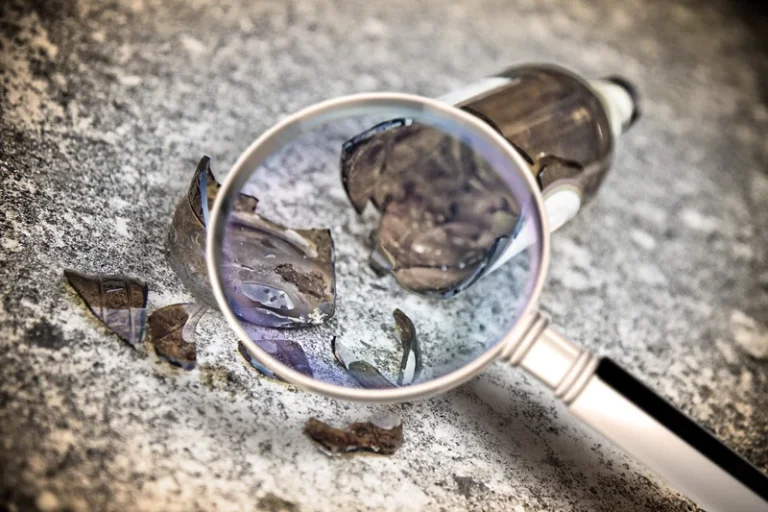
The ways describing alcohol consumption habits were variously presented in almost each study, therefore could develop the observed heterogeneity among migraine analysis. Also, the majority of the studies had high or moderate risk of bias. The meta-analysis showed a 1.5-lower risk of migraine in people who consume alcohol. However, migraine patients consume less alcohol for various reasons. Therefore, patients with primary headache need to determine for themselves the association between alcohol and headache without any myths and influences. The results of our meta-analysis are that there is a lack of a relationship between the risk of TTH and alcohol consumption.

Migraine without aura
If a headache persists or worsens, visit a doctor for an examination and treatment recommendations. The tables below group alcohol and headaches alcohol types by the amount of these additives. Individuals from different ethnic backgrounds may have variable sensitivity to alcohol.
Amount of Alcohol Consumption and Timing of Migraine
- People with migraine who treat their attacks with certain drugs should avoid drinking alcohol because it may interact poorly or dangerously with their medications.
- But experts do not link migraine headaches to sulfates and sulfites alone.
- The relatively low number of cluster-headache studies also does not allow an assessment of any correlation with alcohol drinking.
- People who cannot stop drinking should talk with a doctor about treatment for alcohol use disorder, which is a serious but treatable condition.
- Dr. Michael Yang is a board-certified neurologist and headache specialist at the Gundersen Health System in Wisconsin.
- If you frequently suffer from alcohol-related headaches, and are struggling to cut back, there are also new solutions.
Alcohol’s effects on your body include dehydration, inflammation, reduced sleep quality, and the buildup of toxic substances—all of which can give you a headache. Red wine is the type of alcohol most often reported as a headache trigger. In a study published in 2018, 77.8% of patients reported red wine as a trigger in general, with 8.8% of patients noting it as a consistent trigger.
- Two of the remaining cross-sectional papers achieved seven or eight points and therefore were low bias-risk 26, 27.
- If you tend to get migraines within three hours or less of drinking, this might work best for you.
- Similarly, common beliefs may influence patients habits, e.g., the conviction that “red wine causes migraine”, even if studies present conflicting evidence 80, 81.
- However, there is a need to conduct further studies related to primary headaches and alcohol consumption with low risk of bias.
- If you really want to drink, you may want to find out if any types of alcohol are unlikely to cause symptoms.
More in Finding Relief from Migraine

Hangover headaches typically occur when blood alcohol levels go down or reach zero. Red wine’s propensity for causing headaches is usually attributed to the sulfates and sulfites it Substance abuse contains. But experts do not link migraine headaches to sulfates and sulfites alone. Other potential contributors in red wines include tannins, flavonoid phenols, histamines, and more. Alcohol-related headaches can be a frustrating experience, especially for those who live with migraine.
- For example, histamine intolerance is a condition where the body has difficulty breaking down histamine, a naturally occurring compound in some alcoholic drinks.
- Third, the observation that alcohol readministration alleviates the unpleasantness of both AW syndrome and hangovers suggests that the two experiences share a common process.
- Staying hydrated and keeping alcohol consumption to a minimum can decrease the chance of experiencing a headache.
- This will help your doctor isolate the cause of your migraine and your triggers.
- Some individuals may have specific sensitivities or allergies to certain ingredients commonly found in alcoholic beverages.
Reach out to our expert support team 24 hours a day
Share your thoughts in the comments below, or start a discussion on MyMigraineTeam. If you really want to drink, you may want to find out if any types of alcohol are unlikely to cause symptoms. You can try sips (or other small amounts) of different types of alcohol to see how your migraine reacts. Keep in mind that you may have to deal with several migraine attacks before you can determine what kind of alcohol causes your symptoms. Given that, this may not be the best approach if you’re unwilling to trade discomfort for a personal “safe” list of beverages. The migraines tend to start within three hours of consuming alcohol.
- These headaches cause very intense pain that often primarily affects the area behind one eye.
- Alcohol causes the body to increase urinary output (i.e., it is a diuretic).
- Each time you drink, write down the type of alcohol you have, the amount, and if and when you had a migraine.
- If alcohol is a headache trigger for you, think before you drink.
- Research shows that people with migraine may also experience related symptoms during a hangover.
- Migraines often present with additional symptoms beyond head pain, such as nausea, sensitivity to light and sound, and visual disturbances.
Track Yourself and the Type of Alcohol You Drink

Vasodilation may trigger migraine attacks in certain individuals. This is especially true for people prone to headaches or migraine without alcohol. In a large epidemiological survey of headache in Danish 25- to 64-year-olds, the lifetime prevalence of hangover headache was 72 percent, making it the most =https://ecosoberhouse.com/ common type of headache reported (Rasmussen and Olesen 1992). Alcohol intoxication results in vasodilatation, which may induce headaches.

